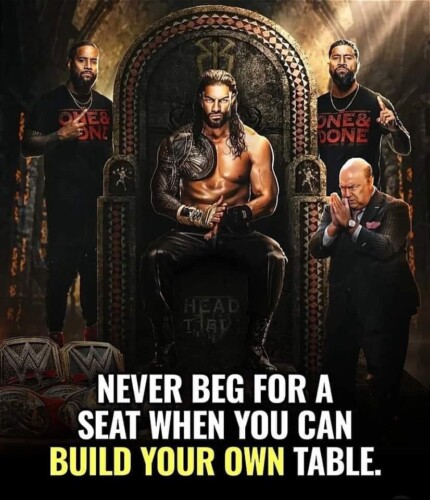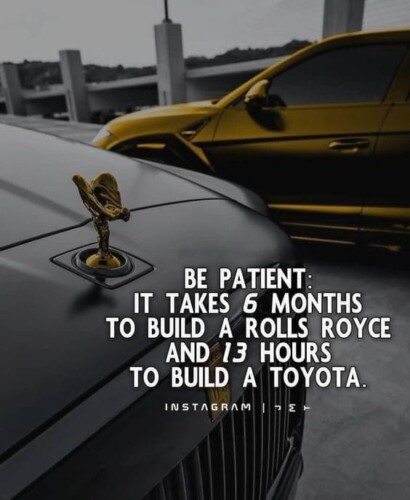EMBRACING ALTERNATIVE ROUTES TO ACHIEVEMENT
In the realm of business and innovation, a college degree is often seen as a crucial stepping stone. Yet, the annals of entrepreneurial history are graced by individuals who have reached the pinnacle of success without this academic credential.
ABRAHAM LINCOLN: THE SELF-EDUCATED STATESMAN
Abraham Lincoln, with less than a year of formal schooling, became a self-educated lawyer and the 16th President of the United States. His journey from a log cabin to the White House is a testament to the power of self-motivation and lifelong learning.

WALT DISNEY: THE DROPOUT WHO BUILT A KINGDOM
Walt Disney, who left school at 16, turned a simple cartoon mouse into a global symbol of joy and entertainment. His legacy demonstrates that vision and creativity can outshine traditional academic routes.
BILL GATES: THE HARVARD DROPOUT WHO CHANGED THE WORLD
Bill Gates, who forsook Harvard for the burgeoning world of technology, co-founded Microsoft and forever changed the way we interact with computers. His story is one of passion over credentials, innovation over conformity.
MARK ZUCKERBERG: REDEFINING CONNECTION WITHOUT A DIPLOMA
Mark Zuckerberg, another Harvard dropout, created Facebook, a platform that redefined global communication. His success underscores the potential of a great idea coupled with the courage to pursue it.
HENRY FORD: MASTERING MECHANICS WITHOUT A DEGREE
Henry Ford, with minimal formal education, mastered mechanics and industrial production, bringing automobiles to the masses. His work ethic and ingenuity speak volumes about the value of practical experience.

THOMAS EDISON: THE QUINTESSENTIAL INVENTOR WITHOUT A CLASSROOM
Thomas Edison, whose formal education was brief, patented over a thousand inventions, illuminating and transforming the world. His relentless experimentation and curiosity reveal the power of hands-on learning.
STEVE JOBS: THE VISIONARY WHO VALUED EXPERIENCE OVER EDUCATION
Steve Jobs, who dropped out of Reed College, led Apple to create products that blend technology with artistry. His path shows that a vision and a willingness to challenge the status quo can lead to revolutionary changes.
These luminaries exemplify that while formal education can be beneficial, it is not the sole path to entrepreneurial triumph. Their lives encourage current and future business leaders to value practical experience, continuous self-education, and the audacity to pursue their visions, even when they diverge from the conventional path.
THE UNCONVENTIONAL PATH: A BEACON FOR ASPIRING ENTREPRENEURS
These stories of success without a college degree are not just outliers or exceptions to the rule; they serve as powerful narratives that challenge the conventional wisdom about education and success. They provide a different perspective on what it means to be educated and how knowledge can be acquired and applied in the real world.
THE ROLE OF RESILIENCE AND PERSEVERANCE
The common thread among these titans of industry and leadership is not the absence of formal education but the presence of resilience and perseverance. Their journeys were fraught with failures and setbacks, yet they persisted. This resilience is a critical lesson for entrepreneurs who must navigate the unpredictable waters of business.
INNOVATION AS A DRIVING FORCE
Innovation is another key factor that unites these figures. They were able to look at the world differently, see opportunities where others saw obstacles, and were not afraid to break the mold. For today’s entrepreneurs, fostering a culture of innovation can be the difference between mediocrity and greatness.
LIFELONG LEARNING AS A CONTINUOUS PROCESS
It’s important to note that while these individuals did not complete formal degrees, they were committed to learning throughout their lives. They read voraciously, sought mentorship, and were always curious. This approach to lifelong learning is something that all entrepreneurs can incorporate into their personal and professional development strategies.
EMBRACING RISK AND THE UNKNOWN
Finally, these icons embraced risk and the unknown. They ventured into uncharted territories, willing to take the path less traveled. For entrepreneurs, being comfortable with uncertainty and taking calculated risks is part of the journey toward success.
FINAL THOUGHTS FOR THE ENTREPRENEURIAL SPIRIT
The entrepreneurial spirit thrives on the belief that there is always a way forward, even when the path is not clear. The stories of these remarkable individuals without college degrees reinforce the idea that success is not predicated on a specific educational path but on the qualities of determination, innovation, and the relentless pursuit of one’s passions and dreams.



